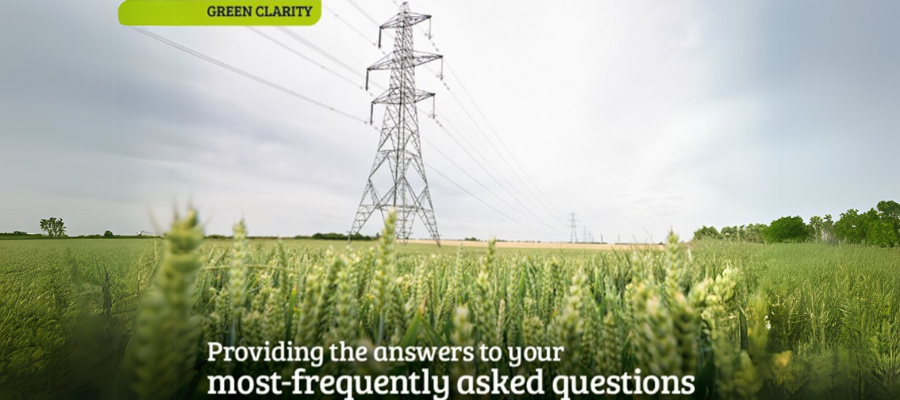🕒 Article read time: 5 minutes
Myth number 01: The electricity grid won’t be able to handle the increase in EVs

From 2035, new petrol and diesel cars will no longer be sold in the UK and far more of us – for work and for leisure – will begin using electric vehicles.
However, there remains a number of common misconceptions surrounding EVs that still raise concerns.
Here, Dr Russell Fowler from the National Grid busts some of the most common EV myths…
Myth No 01
"The electricity grid won’t be able to handle the increase in EVs"
Answer:
"There are two aspects to whether the electricity grid can manage lots of EVs being plugged in at once:
- Whether enough electricity is available.
- Whether the wires that carry that electricity have enough capacity to do so.
"When considering this, it’s important to remember that the shift to EVs is happening gradually – not overnight. Renewable energy sources are constantly being developed to supply us with more clean and green electricity, and we’re constantly evolving the electricity grid to be better equipped to handle it – including through our Great Grid Upgrade, the largest overhaul of the electricity transmission network in generations.
"One of the main sources of concern for people has been the scenario of all EV owners charging their EVs at the same time. So, is it possible to spread out the demand, while still making sure we all get our EVs charged when we need it? The short answer is yes.
"The UK Government has introduced Electric Vehicle Smart Charge Points Regulations, which ensure that EV charge points will have smart functionality; allowing the charging to happen when there is less demand on the grid, or when more renewable (and therefore often cheaper) electricity is available.
"This means that no matter what time you plug in your car, it will charge when you need it but can automatically pause during those peaks when demand on the grid is highest and energy is most expensive.
"The most demand for electricity in recent years in the UK was for 62GW in 2002. Since then, the nation’s peak demand has fallen by roughly 16% due to improvements in energy efficiency.
"Even if we all switched to EVs overnight, we believe demand would only increase by around 10%. So, we’d still be using less power as a nation than we did in 2002 and this is well within the range of manageable load fluctuation.
"A significant amount of electricity is used to refine oil for petrol and diesel. Fully Charged’s video ‘Volts for Oil’ (available on YouTube) estimates that refining one gallon of petrol would use around 4.5kWh of electricity – so, as we start to use less petrol or diesel cars, some of that electricity capacity could become available."
About the author:
Russell is the Senior Manager looking at National Grid’s role in transport decarbonisation – from rapid EV charging to synthetic fuels for aviation. He led the analysis for RIIO-2, National Grid ESO’s first price control, helping the ESO to be able to operate the system carbon free by 2025. Russell also holds a PhD in mathematics from the University of Birmingham.
More from The Green Miles: Myth No 2: Electricity that charges EVs is made by burning fossil fuels, so there are still emissions involved

Published On: 18/10/2024 10:55:05
